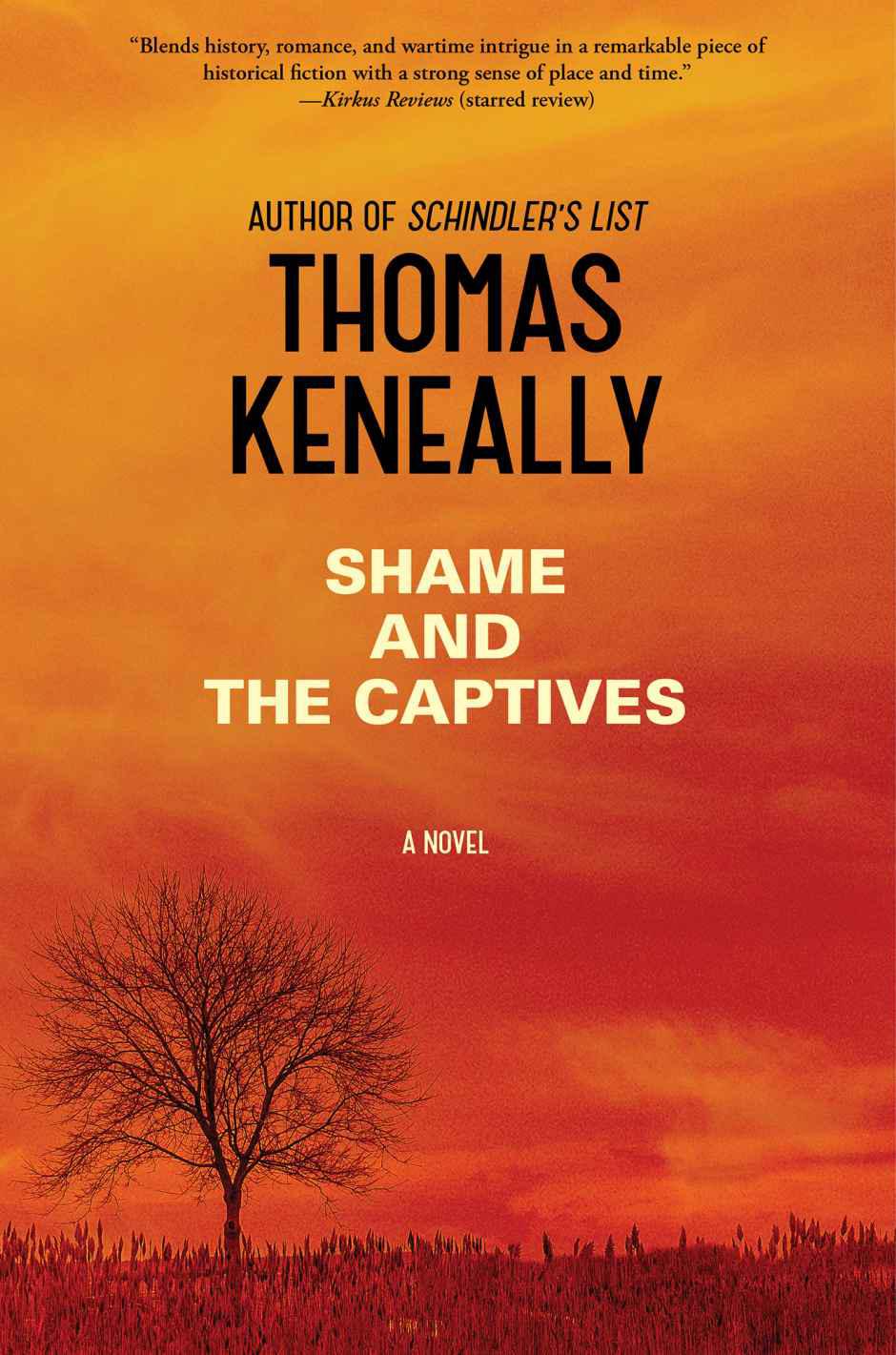
Shame and the Captives
A Novel
کتاب های مرتبط
- اطلاعات
- نقد و بررسی
- دیدگاه کاربران
نقد و بررسی

January 26, 2015
The author of Schindlerâs List again novelizes a small yet revealing event from World War II. Based on the 1944 Cowra breakout in New South Wales, Australia, the novel interweaves perspectives of people in and around the fictional Gawell prisoner-of-war camp, where Japanese captives suffer less from conditions than from living with the shame of having been captured while more amiable Italian prisoners work on local farms, sing, or share news. The novel opens during the spring of 1943, after Italy has joined the Allies. Keneally explores the lives and innermost thoughts of, among others, Abercare, the English camp commandant trying to avoid conflict with his wife, his prisoners and his subordinates; Suttor, the radio writer in charge of Compound C, more in touch with his surly unpredictable prisoners than his commanding officer; Emily, Abercareâs unhappy wife; Nevski, the intelligent Russian-born translator. Keneally depicts the tragic reach of the war on a number of different lives, including the horror of a war crime and the neatness of the cover-up. Other writers may be more adept at portraying female emotions or dinner-party chatter, but no one equals Keneally for documenting the actions of human beings caught up in war, some desperate to hold onto their humanity, others desperate to die.

February 15, 2015
As in Schindler's List, Keneally draws on actual events and uses a broad backdrop--here, World War II in the Pacific--for his tale of a POW camp located in a remote corner of Australia. Tensions arise when the camp's commander, English colonel Ewan Abercare, disagrees with Australian major Bernard Suttor, in charge of the camp's Compound C, over how to deal with its "most unpredictable and surly" Japanese prisoners, particularly should they attempt a breakout. Meanwhile, a nearly idyllic romance develops between Alice Herman, who runs a farm with her father-in-law while her husband is a captive of the Germans, and Giancarlo, an Italian POW assigned to work on the farm. This romance abruptly ends when the Japanese launch a breakout from the camp. The author deftly highlights the irony of Australians trying to adhere to the Geneva Convention while a prisoner on the loose concludes, "They're mocking us by not trying to find us." VERDICT The leisurely narrative gains force as it progresses. A fascinating aspect is the author's treatment of the psychology of prisoners and their keepers, capped by Major Suttor's conclusion that "the captors are prisoners too." Highly recommended to all who appreciate a historical work told with great perception and insight. [See Prepub Alert, 8/8/14.]--Edward B. Cone, New York
Copyright 2015 Library Journal, LLC Used with permission.

























دیدگاه کاربران